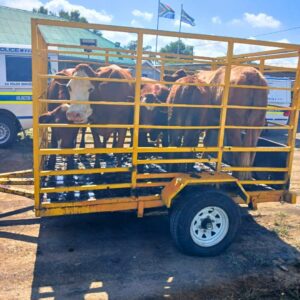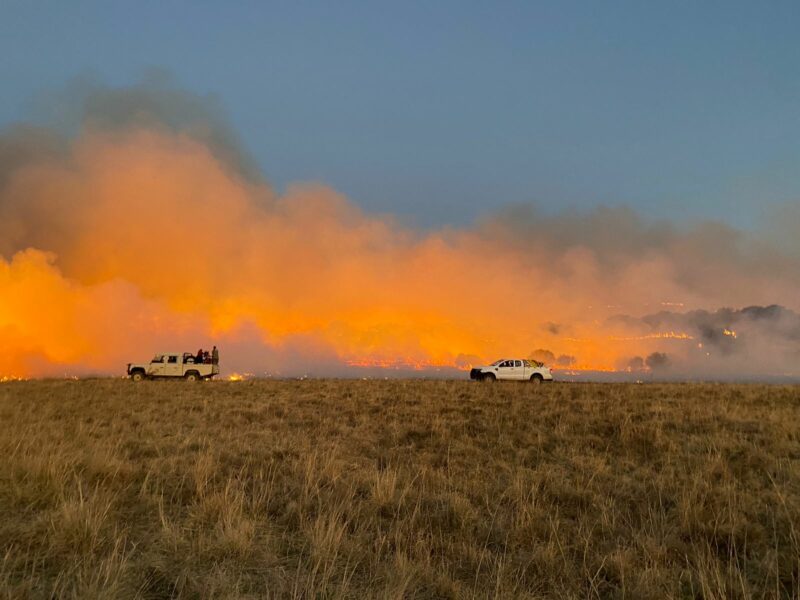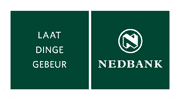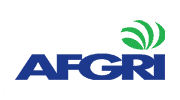

Farmers in the Free State province have been dealt a devastating blow by veld fires. There were 5 781 veldfire incidents affecting 539 137.22 hectares of farming land in the Free State province since 1 May 2023. A lot of effort, time, money, commitment, and dedication are being made by the farming communities, together with Working on Fire to stop these veld fires.
Dr Jane Buys, Safety risk analyst of Free State Agriculture (FSA), says that some veld fires were maliciously started by people when the veld fire index was orange/red which means that no open fires should be started by any person. “Such person should be guilty of an offence in terms of the National Veld Fire and Forestry Act (Act 101 of 1998). Some fires were also maliciously started by people who hunt illegally on farmers’ land where some hunters started fires to get small game to come out of hiding, and secondly some hunters made fires to braai their meat after being caught in the veld.” says Buys. These fires then got out of control. Such actions can be held criminally liable under the aforementioned act, e.g. malicious damage to property.
Dr Jack Armour, commercial manager for Free State Agriculture (FSA) says that it is important that the public and especially people living in towns are informed about the impact that veld fires have on a safe and sustainable agricultural sector, also in terms of food provision.
Armour says that:
• Veld fires do not only destroy grazing land but also harm people’s life. In some instances workers and or farmers lost their lives due to veld fires and their efforts to fight these fires.
• Some farmers have been forced to downscale their farming because of not sufficient grazing field for their animals, whilst others have been forced to stop farming.
• The Agricultural Census 2017 by Statistics SA shows that most farmers in the Free State are small scale farmers that farm on less than 500 ha (62%). In some of the recent veld fires, these farmers lost almost everything. If farmers lost everything, they cannot keep employing all their workers who then leave farms, increasing social problems and unemployment in communities.
• If 500ha is an economically viable commercial farming unit, then almost 1 000 farms could have been taken out of food production – this constitutes almost 7% of farms in the Free State.
• Veld fires have an impact on national revenue collection as these farms need three years for their grazing to recover before they can get into full production again.
• Loss of grazing is very expensive to insure against – very few farmers insure their commercial livestock herds, only stud breeders insure their animals;
• Thousands of cattle and sheep were killed by veld fires – their meat cannot be consumed and had to be buried in deep ditches;
• No amount of fodder bought and transported can replace the natural grazing produced for animals – farmers get forced to reduce their herds to the core breeding herd and once their veld has recovered build up their herd again – financially, it is a massive setback for 3 years.










Ⓒ 2024 Vrystaat Landbou All rights reserved | Website by BrandNew